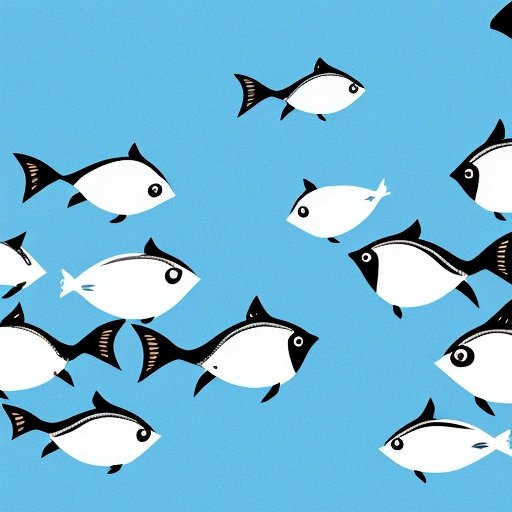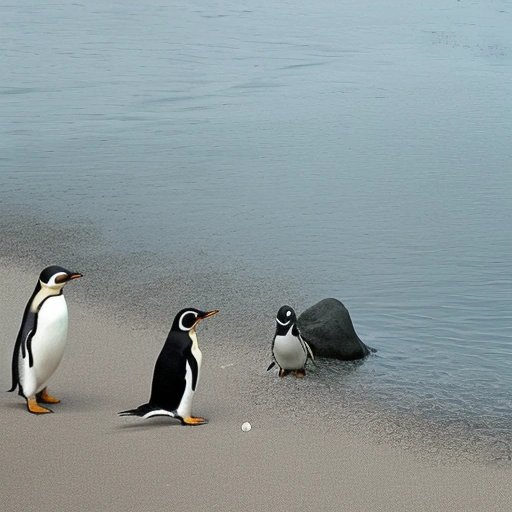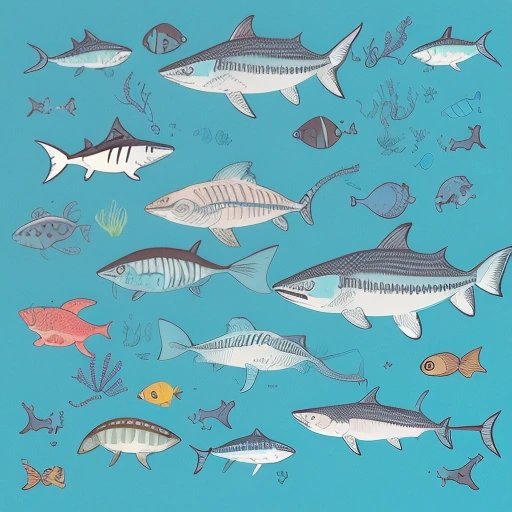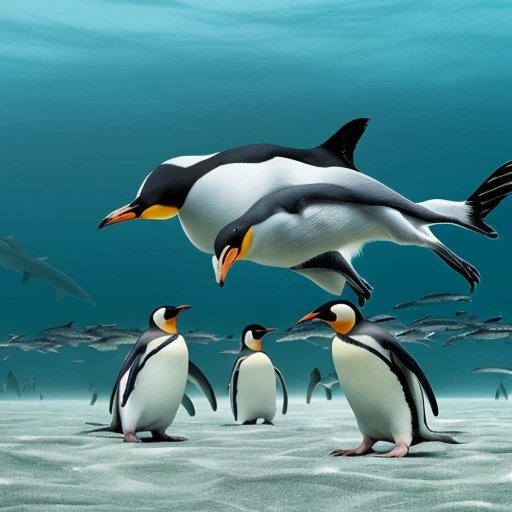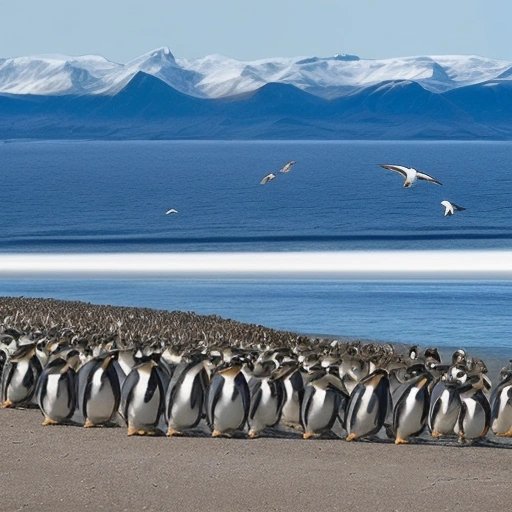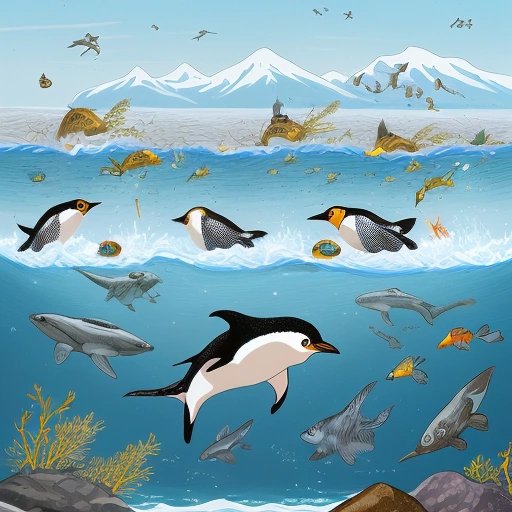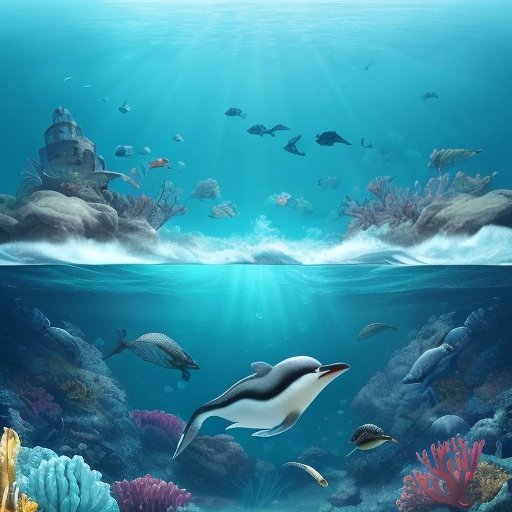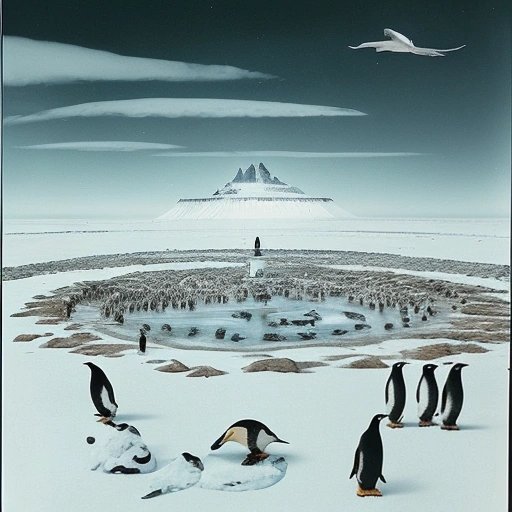In a shocking turn of events, the penguins at the South Pole have been overthrown by a group of rebellious fish. Despite their best efforts, the penguins were powerless to stop the great fish uprising. The Wibble investigates how this unlikely coup unfolded and what it means for the future of the frozen continent. Will the penguins be able to regain control, or is this the beginning of a new underwater regime?
The exchange of power between the penguins and fish was nothing short of unprecedented. The fish, tired of being overshadowed by their flightless neighbors, took matters into their own fins. They organized themselves, forming schools and utilizing their nimble bodies to outmaneuver the unsuspecting penguins.
The aquatic revolution began with minor acts of disobedience. Fish would swim through penguin territories, disrupting their daily routines. They even started stealing pebbles from penguin nests, leading to chaos and confusion among the penguin community. The uprising spread like wildfire, with fish from all species joining forces against their feathered oppressors.
As the fish gained momentum, they realized the key to success lay in their numbers. They enlisted the help of marine life from neighboring oceans, forming a formidable force against the overwhelmed penguins. Schools of sardines, squads of swordfish, and even a few brave sharks pledged their support to the fish cause, making it clear that the tides had turned.
The penguins, once the uncontested rulers of the South Pole, were left with a difficult decision. They could either fight back or accept their fate as second-class citizens in their own home. Their fluttering wings and waddling steps proved no match for the fish's agility, leaving the penguins in a state of utter disarray.
Unbeknownst to the fish, the penguins sought counsel from a wise old orca who had witnessed countless battles in the vast ocean. The orca, known for its strategic prowess, suggested that the penguins bide their time and gather their remaining forces. With patience and determination, the penguins would have a chance to reclaim their icy domain.
As the days turned into weeks, the penguins rallied their supporters and devised a plan to take back what was rightfully theirs. They began by recruiting the help of their avian friends from distant lands. Seagulls, pelicans, and even albatrosses flew in to assist the penguin resistance. The alliance between birds and penguins was a sight to behold, with feathers of all colors united against the fish uprising.
Armed with their newfound allies, the penguins launched a counteroffensive. They utilized their unique swimming skills and precise pebble-throwing techniques to regain control of their nesting grounds. The fish, taken by surprise, struggled to fend off the determined penguins and their avian comrades.
The battle between fish and penguins raged on for weeks, making the South Pole a chaotic battleground of flippers and fins. The underwater regime established by the fish faced a formidable opponent in the united forces of penguins and birds. The outcome of this epic struggle remained uncertain, with each side claiming victories and suffering losses.
What does the future hold for the South Pole? Will the penguins and birds succeed in overthrowing the fish's underwater regime, or will the fish's rebellion become a permanent fixture of Antarctic life? Only time will tell. The balance of power, once firmly in the flippers of the penguins, now teeters on a knife's edge. The frozen continent holds its breath as the battle for dominance continues beneath the icy waves.
In the end, whether it is fish or penguins who emerge victorious, one thing is clear – the South Pole will never be the same again. This great fish uprising has forever altered the dynamics of the frozen continent, leaving a lasting mark on the history of these remarkable and resilient creatures. So, brace yourselves, dear readers, for the saga of the South Pole continues, with each flipper and fin vying for the right to call this icy paradise their own.
